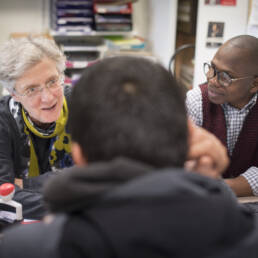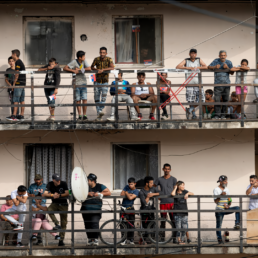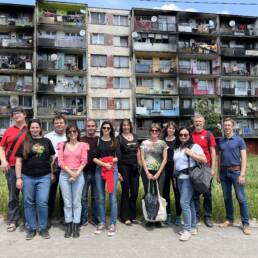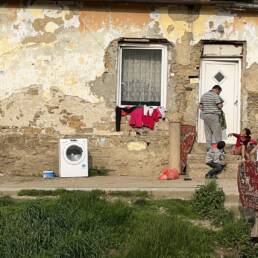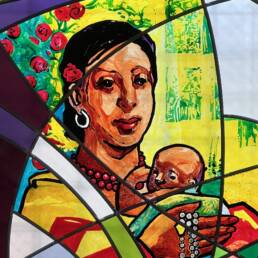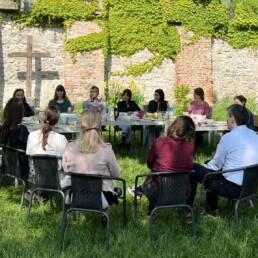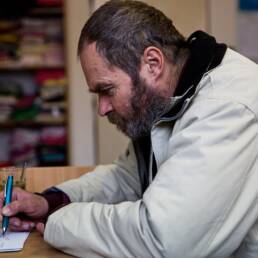Author
Francois Vandamme
Vice-President of the European Committee of Social Rights
Council of Europe
Unofficial translation, original in French
The right to benefit from social services is enshrined in Article 14 of the European Social Charter of the Council of Europe. It is a pan-European convention that binds 43 countries.
The European Committee of Social Rights – its supervisory body – examines every four years how the legislation and practices of the governments that have ratified this treaty have implemented and developed this right. Thus, over time and through its Conclusions, it has consolidated an abundant and precise ’jurisprudence’ on this right.
The Committee developed criteria for evaluating quality services: accessibility of services and benefits, non-discrimination, supervisory legislation, adequate financing and staff, territorial distribution, preventive management, support and treatment, participation of users, periodic review of working methods. The right to housing, the right to health protection, the right of children and the family to protection are other rights enshrined in the Charter, the realisation of which depends on quality social services. The Charter does not privilege public or private services. Both are invited to cooperate to compose the most complete offer possible of measures or services. The Charter’s monitoring system also accepts collective complaints, which non-governmental organisations can lodge with the Committee. Many complaints have concerned inadequate or regressive legislation concerning social services. Eastern European countries present many national situations that do not comply with the requirements of the Charter.
In its new report, Caritas highlights the fundamental issue of this right, particularly in the context of international migration. Caritas, while welcoming that some aspects of the issue are now also dealt with in the latest proposals from the European Commission on the implementation of the European Pillar of Social Rights, nevertheless recommends that the EU Member States ratify more provisions of the European Social Charter, in particular its 1996 version. The European Commission itself should in this context encourage these accessions, because the Charter is part of international social law to which the Treaties of the Union and the European Charter of Fundamental Rights refer.
The reflection and discussions reopened by Caritas thanks to its report on the problem of access to social services, in particular social housing, employment services and early childhood education and care services, are a very relevant and essential theme. Here synergies can be achieved or verified in actions in favour of social rights of both the European Union and the Council of Europe through, respectively, the European Commission proposals on the implementation of the European Pillar of Social Rights, currently being debated in the Council and the European Parliament, and the exploitation, both by the European Commission and by the competent public authorities and non-governmental organisations, of the conclusions of the European Committee of Social Rights during its supervisory cycles of the European Social Charter. I congratulated Caritas for having pursued political advocacy in this direction very concretely, in particular in recommendations 6 and 10 of its report.
During the panel debate on the occasion of the presentation of the report, I was able to again recall the relevance of a pan-European convention establishing social rights, in particular to social services and to protection against poverty and social exclusion, rather than principles. Rights are controlled by a body independent of governments. It is a very different control procedure, more geared towards the individual enjoyment of social rights and their justiciability than that of recommendations for social policies in the more ambivalent context of EU economic and budgetary control policies, which takes place every year during the ‘European Semester’.
About the author:
François Vandamme is the Vice-President of the European Committee of Social Rights at the Council of Europe. Before taking on this role, he was Director of the International Affairs Unit in the Belgian Federal Public Service for Employment, Labour and Social Dialogue. Mr. Vandamme has a rich history of past academic activities. Between 1998 and 2012, he was visiting professor at the College of Europe where he taught European Governance and Social Issues. Furthermore, he was an invited lecturer at the Catholic University of Louvain, where he taught Labour Law between 2008 and 2014.



